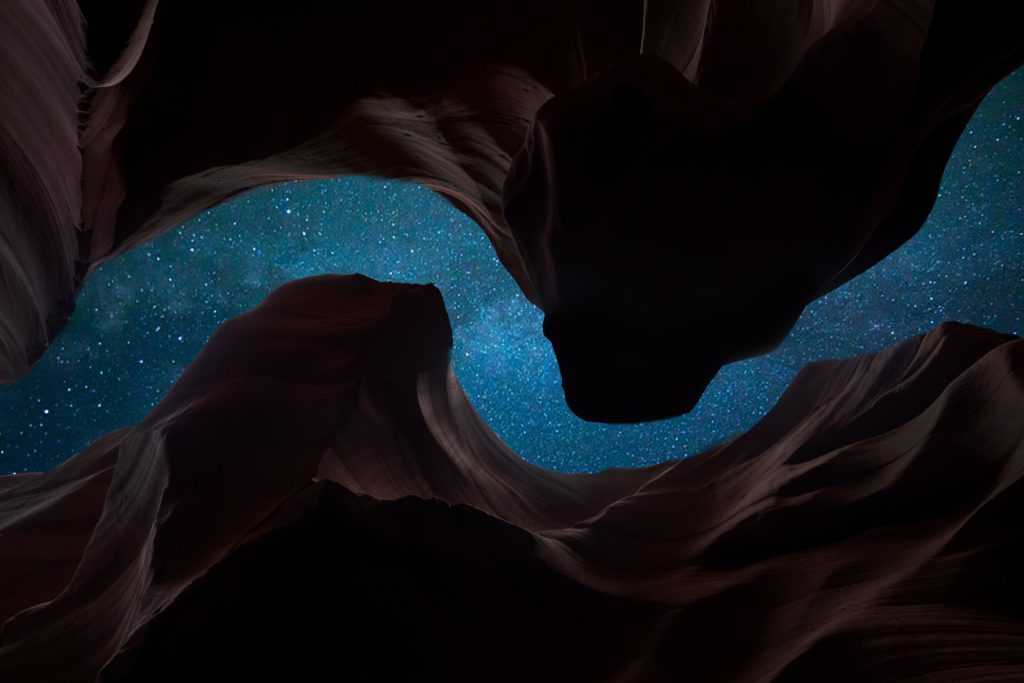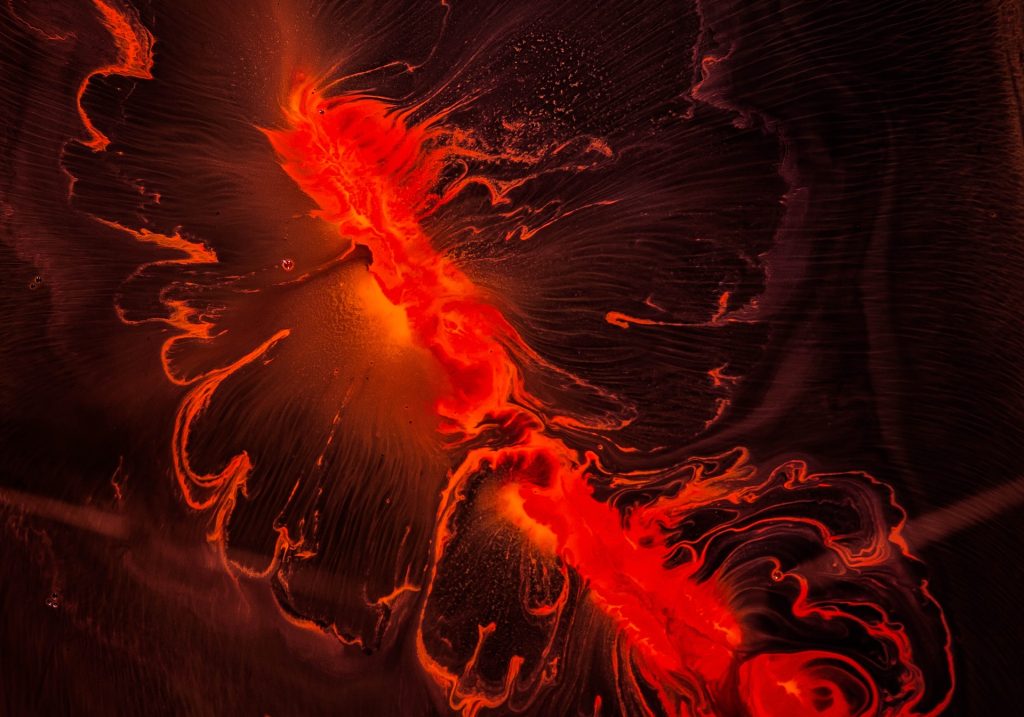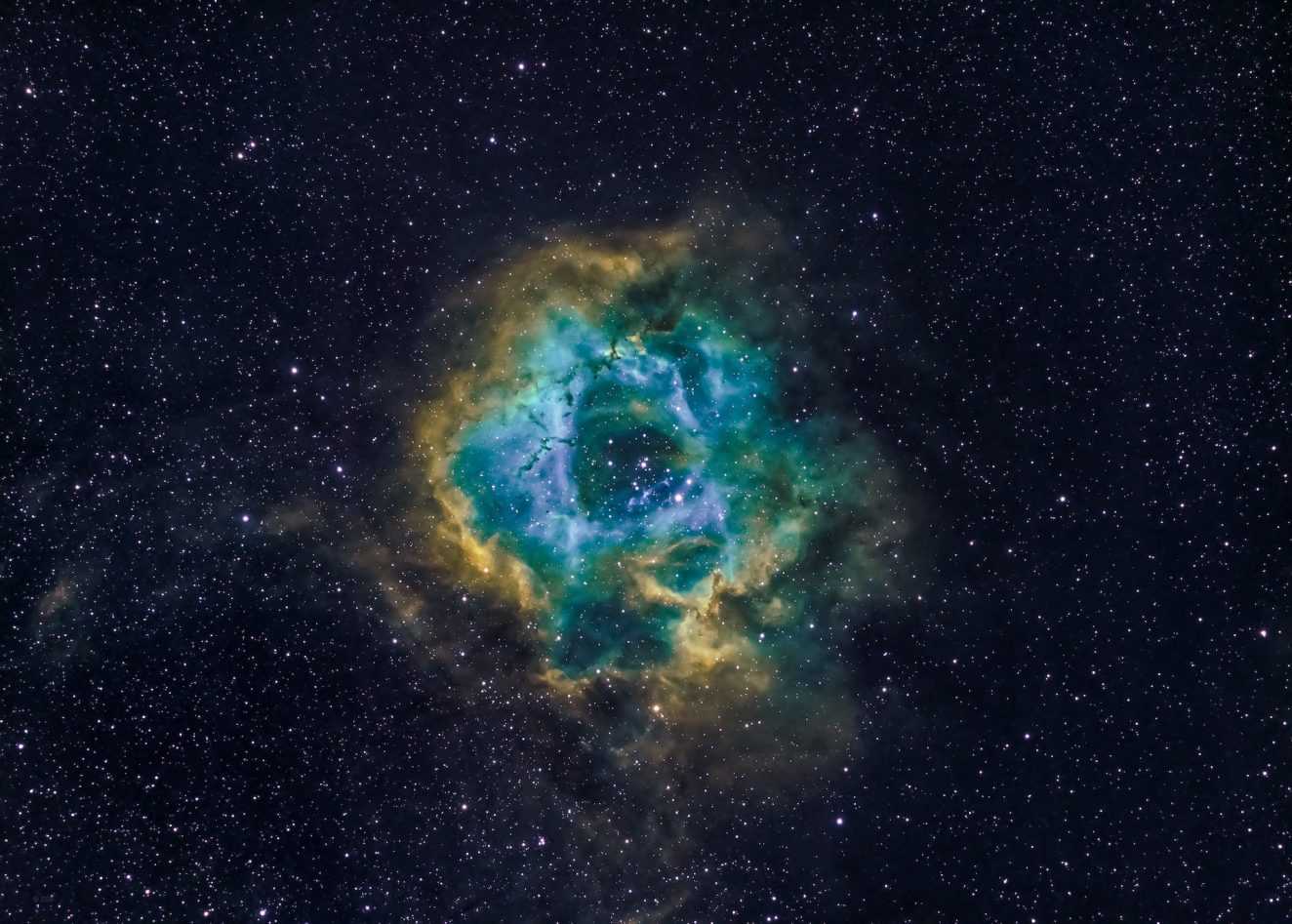The question of whether other universes exist beyond our own has captivated scientists, philosophers, and science fiction enthusiasts for centuries. While the idea may seem like pure speculation, it has gained traction within the scientific community. In this blog post, we will embark on a mind-bending journey into the concept of parallel universes, examining the scientific details, proofs, and fun facts that contribute to this intriguing hypothesis.

The Multiverse Hypothesis: An Overview
The multiverse hypothesis posits that our universe is not the only one in existence. Instead, it suggests the existence of multiple universes, each with its own set of physical laws, constants, and conditions. These universes may exist alongside our own, potentially interacting in ways that are currently beyond our comprehension.
The Many-Worlds Interpretation of Quantum Mechanics
One of the key proponents of the multiverse hypothesis is the Many-Worlds Interpretation (MWI) of quantum mechanics. According to MWI, whenever a quantum event occurs, such as the decay of a radioactive atom, the universe splits into multiple branches, with each branch representing a different outcome of the event. This implies that every possible outcome of a quantum event occurs in a separate branch of the multiverse.
Evidence and Observations
While direct evidence of parallel universes remains elusive, several theories and observations support the concept of a multiverse:
- Cosmic Microwave Background (CMB): The CMB is the afterglow of the Big Bang, and its temperature variations have been studied extensively. Some anomalies in the CMB could be explained by the influence of neighboring universes, although these findings remain speculative.
- String Theory: String theory, a candidate for a theory of everything, suggests the existence of additional dimensions beyond the familiar three spatial dimensions and one time dimension. These extra dimensions could host separate universes.
- Quantum Experiments: Some quantum experiments, such as the double-slit experiment, have results that are challenging to explain within a single universe framework. MWI offers an alternative explanation, where all possible outcomes occur in separate universes.

Parallel Universes in Fiction and Fun Facts
- Science Fiction: The concept of parallel universes has been a popular theme in science fiction literature and films. Works like “The Matrix,” “Fringe,” and “Sliders” explore the idea of alternate realities and parallel universes.
- Mirror Universe: In the “Star Trek” series, a “mirror universe” exists where characters have opposite personalities and moralities. It showcases the intriguing possibilities of parallel worlds.
- Quantum Suicide and Immortality: The thought experiment known as “quantum suicide” suggests that in a multiverse, you would never experience your own death, as there would always be a branch of the universe where you survive.
Challenges and Criticisms
The concept of parallel universes is not without its skeptics and criticisms. Some argue that it is a purely speculative idea with no empirical evidence. Others suggest that alternative explanations, such as hidden variables in quantum mechanics, could account for the observed phenomena attributed to parallel universes.

The existence of parallel universes remains a topic of debate and speculation in the scientific community. While there is no direct evidence to confirm their existence, several theoretical frameworks and observations lend credence to the concept of a multiverse. The Many-Worlds Interpretation of quantum mechanics, string theory, and anomalies in cosmic microwave background radiation all contribute to the ongoing exploration of this fascinating hypothesis.
Whether parallel universes exist or not, the idea continues to inspire scientific inquiry and capture the imagination of those curious about the mysteries of the cosmos. As our understanding of the universe deepens, the question of what lies beyond our own universe remains one of the most intriguing and enigmatic puzzles of modern science.





